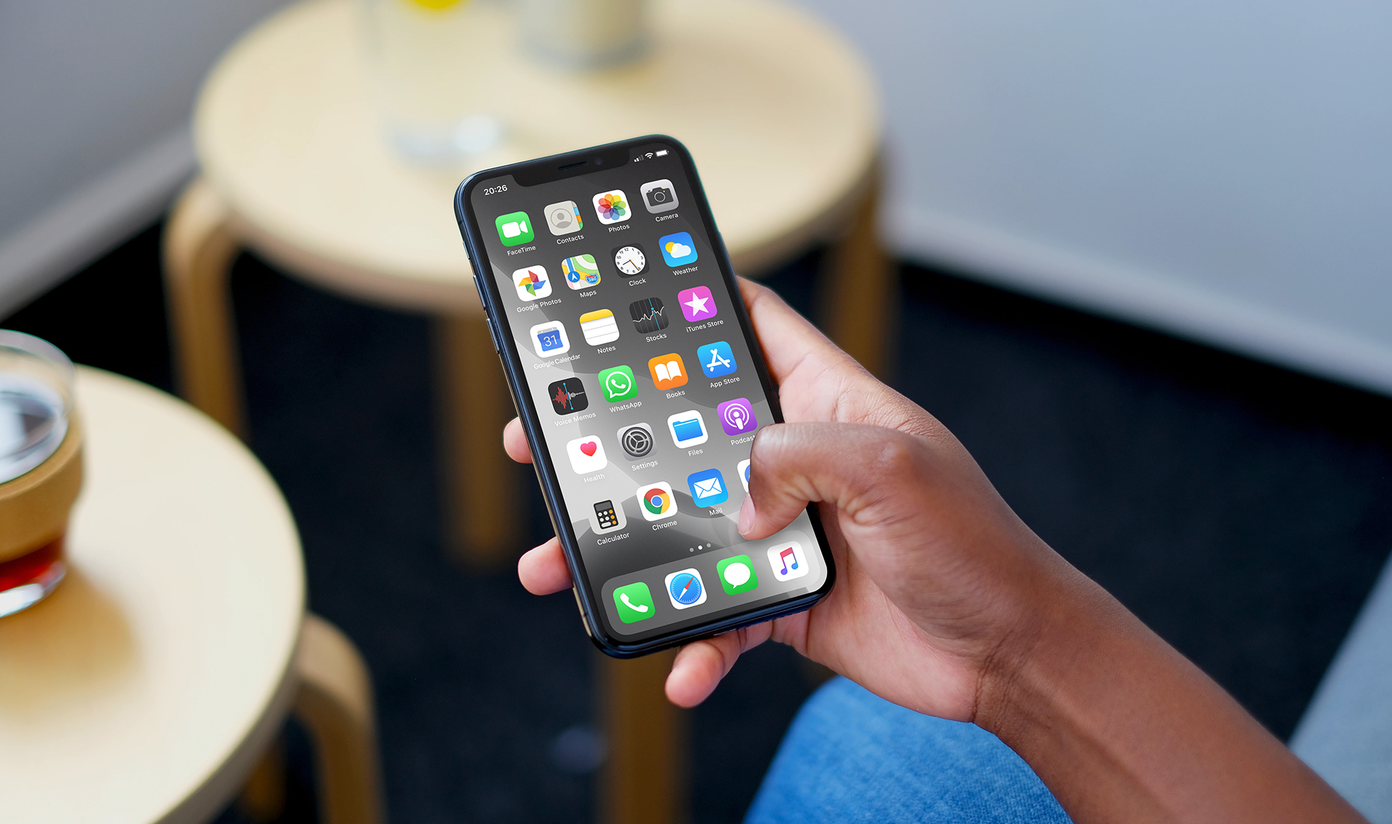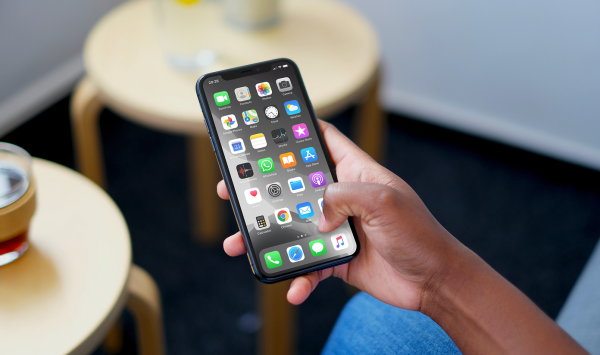Smartphones have become an indispensable part of the lives of the contemporary human. As this reality has shaped up, we’ve seen the emergence of mobile software applications (‘mobile apps’), which support many interesting uses for such phones. While this technology undoubtedly has its benefits, it comes with risks too. Not all mobile apps are safe or user-worthy. Some pose significant risks to smartphones and their users. In this article, we’ll explore five warning signs to watch out for when downloading apps on your smartphone.
Read more about Tech
Unverified Sources
A primary concern to note when downloading apps is where they are being obtained from. You should stick to official app stores such as the Apple App Store for iOS or Google Play Store for Android. These platforms have stringent security measures in place to verify and screen applications for potential threats. Stay away from third-party websites or unofficial stores, as these could expose your device to malicious software and compromise your data.
Too Many Requests for Permissions
When installing an app, keep an eye on the permissions it requests. Some applications ask for unnecessary access to sensitive data or features that have little or nothing to do with their core functionalities. If a flashlight app requests access to your contacts or location, it’s a red flag. You should only grant permissions that are essential for the app to function properly. If an app’s requested permissions seem excessive, reconsider whether it’s worth the risk.
Sign up for the Connect Nigeria daily newsletter
Poor User Reviews and Ratings
Before downloading an app, take time out to read user reviews and find out what its ratings are on the app store. If an app has consistently low ratings or negative reviews pointing to issues like crashes or privacy concerns, you need to think twice before proceeding with the download. Users often share valuable insights about their experiences—facts that enable you to make an informed decision and avoid potential pitfalls.
Intrusive Advertisements
While ads are a common way for developers to monetize free apps, excessive or intrusive advertisements can be a warning sign. If an app bombards you with pop-ups, redirects, or unwanted notifications, it may not only compromise your user experience but also indicate that the app is more interested in generating revenue than providing a quality service. Consider such behaviour a red flag and avoid using it any further.
No Privacy Policy or Terms of Service
Legitimate apps typically have a clear privacy policy and terms of service that outline how they collect, use, and protect your data. If an app does not have these essential documents, it should raise concerns about how your information is being handled. Steer clear of apps that operate without transparent policies; they may be more likely to mishandle your data or sell it to third parties without your consent.
Register to attend the CN Business Mixer
Final Words
As a smartphone user, you need to be vigilant when downloading apps to protect your device and personal information from potential threats. Stay alert to the warning signs we’ve talked about here, and you’ll be able to make better decisions about phone usage and enjoy a safer and more secure mobile experience.
Got a suggestion? Contact us: [email protected]


